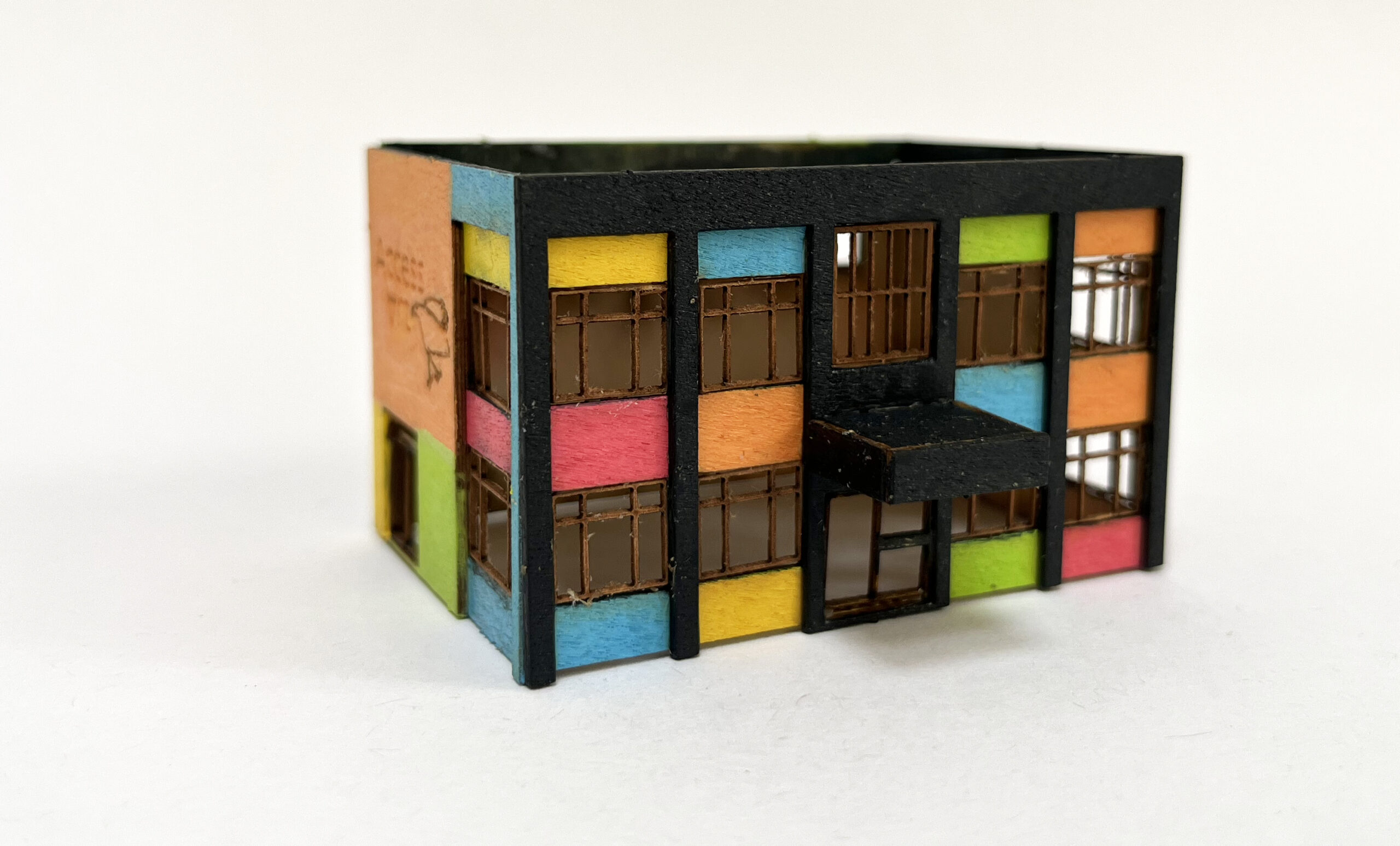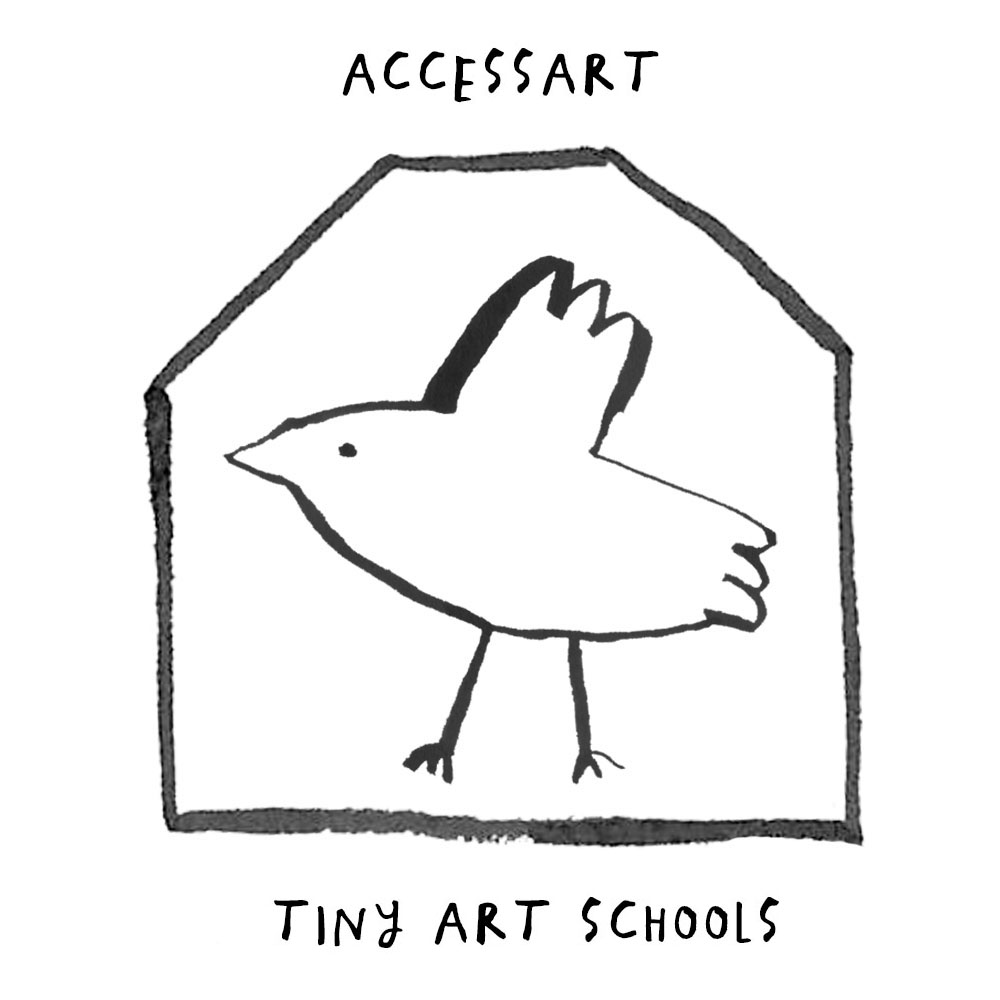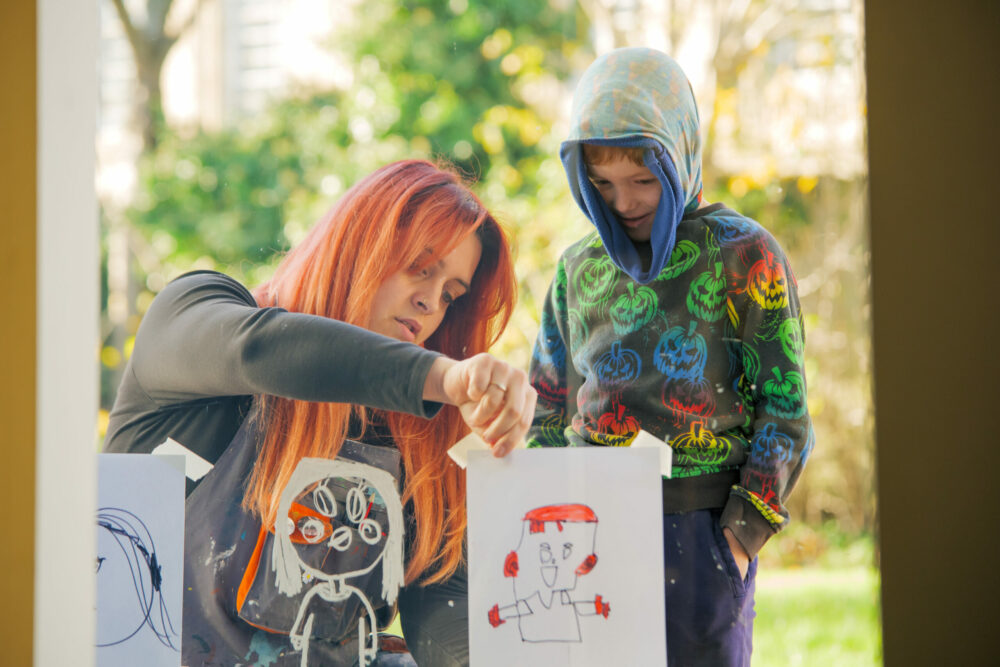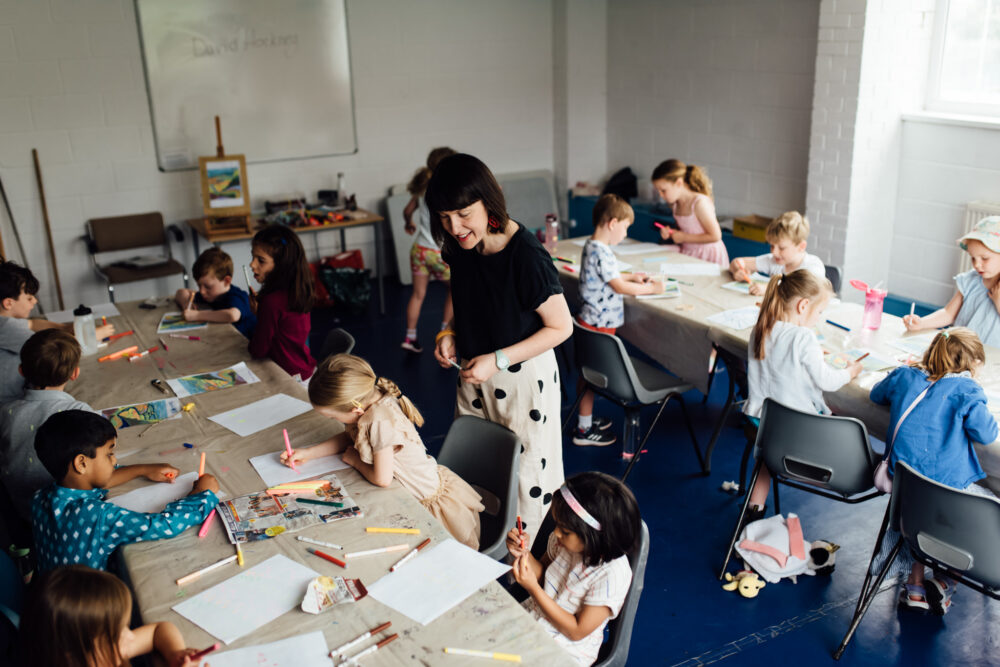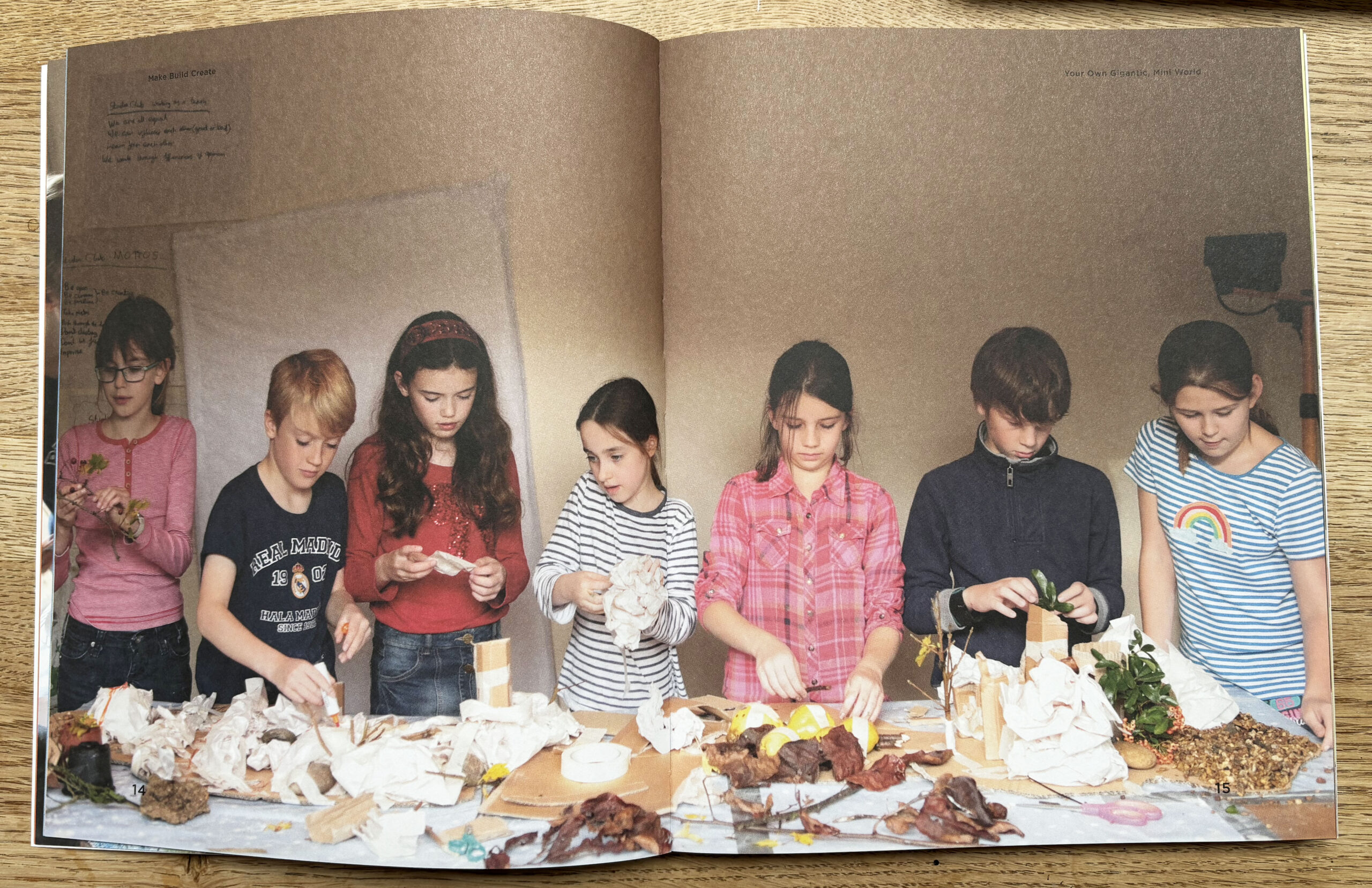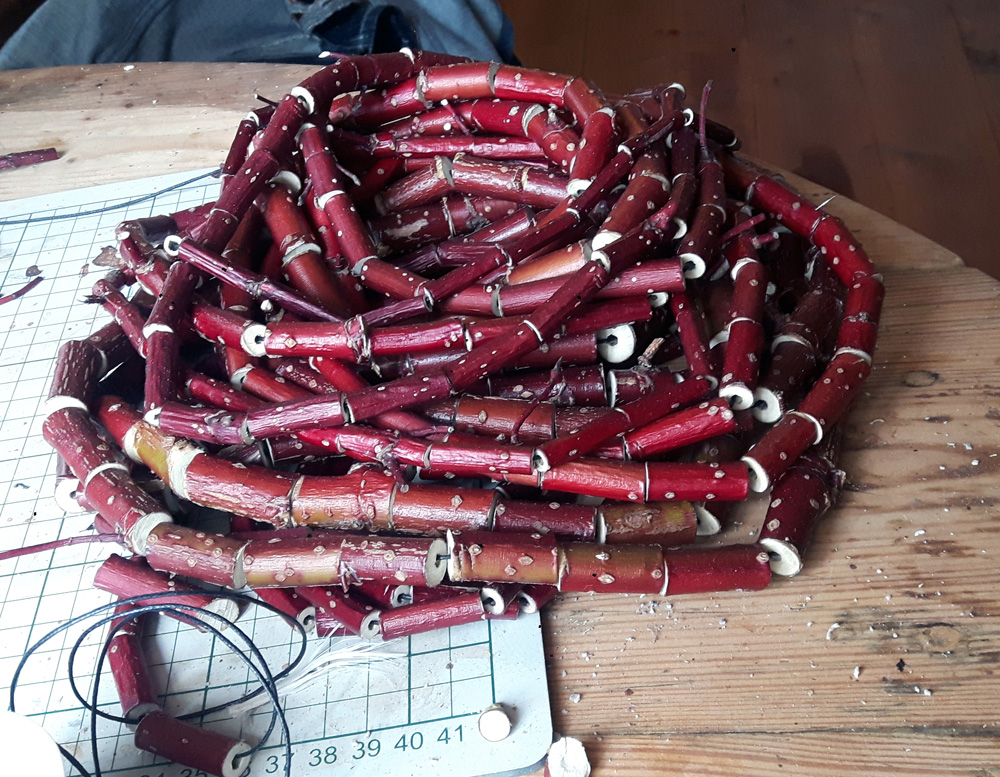Small Start: Big Impact
I never imagined that many of the projects I devised and ran with such a small group of children, would end up being used in thousands of schools across the country as part of the AccessArt Primary Art Curriculum, but that is exactly what happened. Together with ideas and resources from other artist educators, many schools are now embracing those exact same activities and approaches, helping to further develop skills and understanding, and enthusiasm, amongst pupils, teachers and parents.
In retrospect, I realise the extent of the creative power of working in that informal space, with a small group of children. We were all able to explore what it was like to think and act like artists, without external pressures.
The exciting reality is that artist educators, wherever they work and whoever they work with, provide a really interesting opportunity to not only share skills and widen opportunities, but also to help explore and move forward what art education might look like, for all audiences and settings.
When I co-founded AccessArt over 25 years ago, our primary aim was to share the work done by artist educators across a whole range of settings for the benefit of all, and it is now the power of the AccessArt community of artists and educators (over 66,000 across all our channels), that helps this sharing impact practice.
Join the AccessArt Tiny Art School Movement!
AccessArt is creating a body of work to explore, celebrate and promote the notion of “Tiny Art Schools” across the UK. Tapping into existing practice and innovation, we’ll be sharing how artist educators are working with their audiences, using community centres, village halls, and private studio spaces as art education labs, building creative and economic communities of all sizes. We’ll be exploring how the tiny art school concept can be both a viable business model for the artist educator, and help inform a ground-up, inclusive and diverse re-thinking of the purpose and value of art education for all today.
We hope to inspire many more artist educators to recognise the purpose and power of their own creativity, and to think about how they can set up tiny art schools in their own name for the benefit of all. Find out more below!
Paula Briggs, CEO & Creative Director, AccessArt
